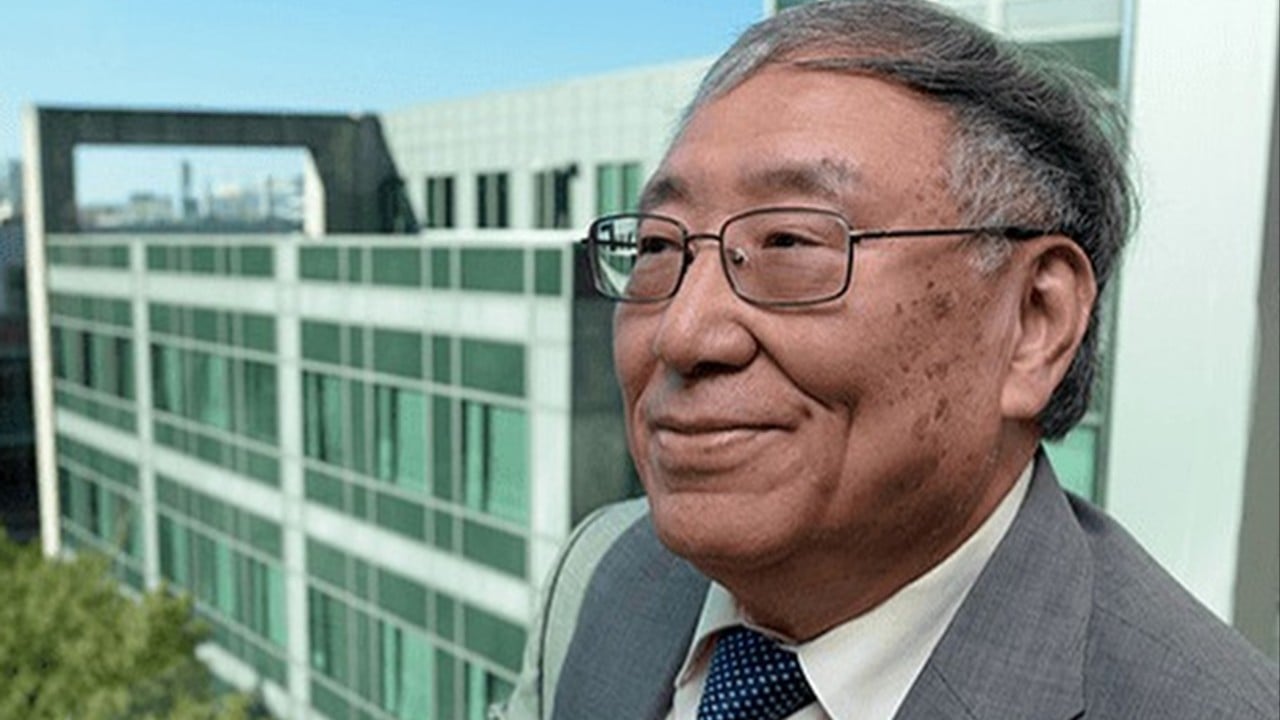On a Friday in March 2021, as Gee-Kung Chang began his day as usual at 5am, there was no hint that his life was about to change forever.
Advertisement
As the Georgia Institute of Technology chair professor – a pioneer in the networks behind 5G and 6G – prepped for lectures and set up a thesis defence for a PhD student, a thunderous knock at the door shattered the quiet.
On the other side were nine US federal agents – seven from the FBI and two from Homeland Security. They stormed in, handcuffed Chang – who was about 74 at the time – and began searching every room, drawer and cupboard in his home in Smyrna, a suburb outside Atlanta.
It was not until his first court appearance that Chang learned he had been indicted on 10 felony counts; accused of abusing a research visa programme known as J-1 by bringing Chinese scholars to Georgia Tech and allegedly having them work instead for the Chinese telecoms company ZTE.
Chang’s reputation imploded. Colleagues and friends drifted away. “I forced myself to stay sharp mentally and physically,” Chang recalled.
Advertisement
Four years later, the case quietly fell apart. A judge dismissed nine wire fraud charges in 2024 for lack of evidence. The final visa fraud charge was dropped this April, clearing Chang’s name.

